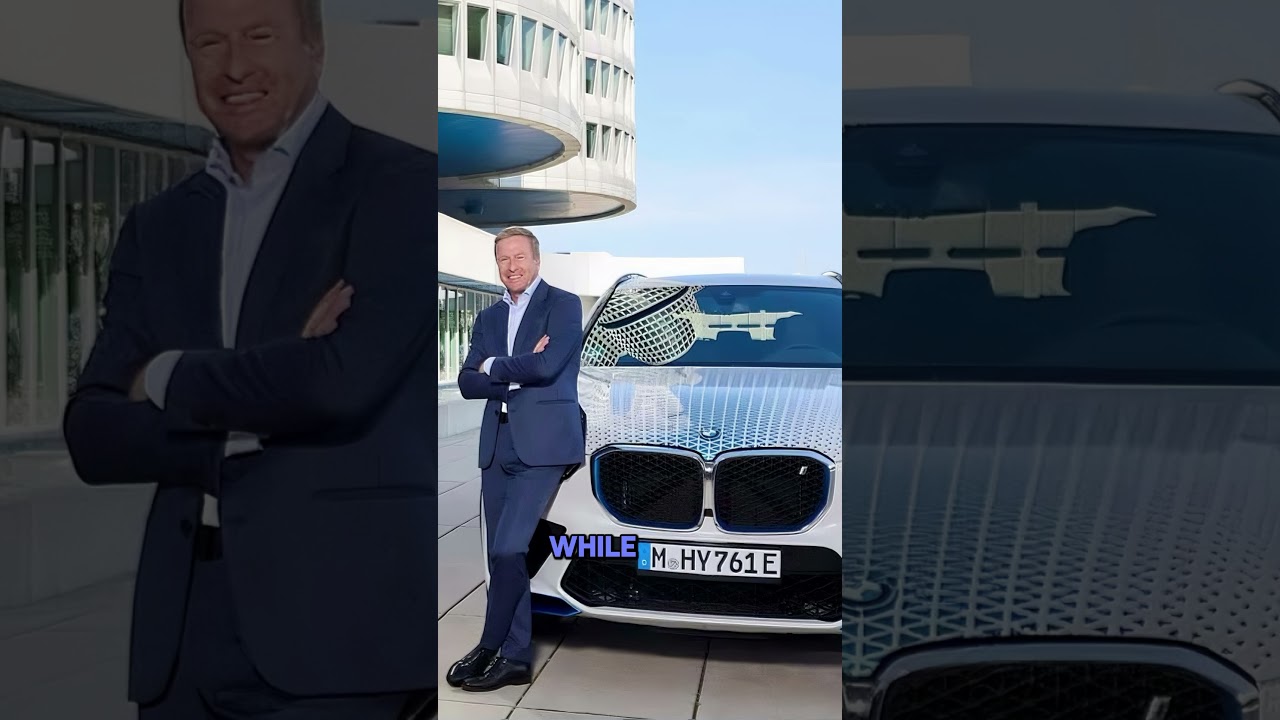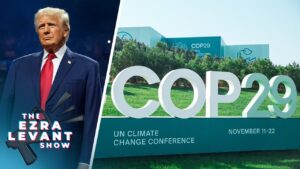
Toyota Motor Corporation and BMW Group have taken a bold step towards a cleaner, greener future by strengthening their collaboration in the hydrogen sector. These automotive giants are working together to bring the next generation of Fuel Cell Electric Vehicles (FCEV) to the market, aiming for a hydrogen-powered world. With a shared vision of creating a “hydrogen society,” Toyota and BMW are co-developing a third-generation fuel cell system that will be available in their passenger cars, bringing zero-emission driving to more customers globally. BMW’s first mass-produced FCEV is expected to hit the market in 2028, marking a major milestone in the transition towards hydrogen-powered vehicles.
The partnership goes beyond just car production. Both companies are also focusing on building sustainable hydrogen infrastructure, ensuring that refueling stations and hydrogen supply chains can support this growing demand. By working with hydrogen producers and distributors, Toyota and BMW are set to make hydrogen energy more accessible and affordable, helping to accelerate the shift away from fossil fuels.
This collaboration not only underscores the commitment of Toyota and BMW to carbon neutrality but also showcases their innovative leadership in the auto industry. As hydrogen technology continues to evolve, these two companies are paving the way for the future of sustainable transportation.
#Toyota #BMW #HydrogenCars #FuelCell #FCEV #GreenEnergy #CarbonNeutrality #SustainableFuture #ZeroEmissions #CleanEnergy #AutomotiveInnovation #HydrogenTechnology #HydrogenSociety #NextGenVehicles #FutureMobility #ToyotaBMWCollaboration #EcoFriendlyCars #HydrogenFuel #ElectricVehicles
source






